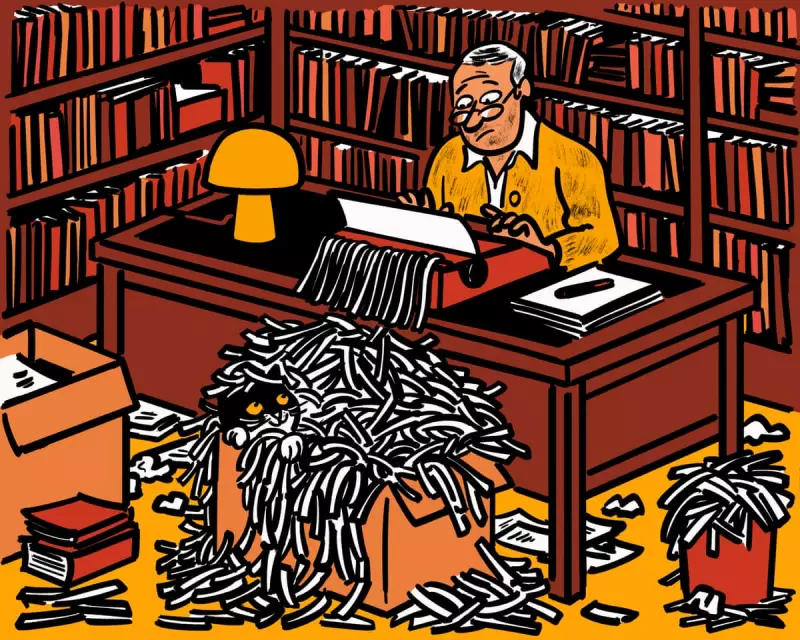
For five decades, one writer has navigated the turbulent waters of professional rejection, collecting wisdom that challenges everything we think we know about success. What began as a series of painful setbacks evolved into a masterclass in resilience and self-discovery.
The Unconventional Path to Personal Power
"Stay true to yourself, but fly closer to the sun" emerges as the central paradox of this hard-won philosophy. Rather than retreating from ambition after repeated rejections, the approach suggests leaning into vulnerability while maintaining core authenticity.
Three Transformative Lessons From 50 Years of 'No'
- Rejection as Navigation: Each refusal became not a stop sign but a directional signal, guiding toward more authentic opportunities and away from ill-fitting paths.
- The Authenticity Paradox: Staying true to oneself doesn't mean rigid resistance to change, but rather evolving while maintaining core values—much like a tree bending in wind but keeping its roots.
- Vulnerability as Strength: The courage to continue submitting work, building relationships, and pursuing dreams despite previous rejections built a resilience that no easy success could provide.
Beyond Survival: How Rejection Fuels Growth
The accumulated wisdom suggests that rejection, when approached with the right mindset, functions less as failure and more as essential feedback. The writer describes developing a "rejection immune system" that transforms potential devastation into valuable data points.
This perspective shift didn't happen overnight. Early career rejections stung sharply, but over time, they became less about personal worth and more about fit, timing, and the subjective nature of creative work.
The Unexpected Freedom of Multiple 'No's
Perhaps the most liberating realization was that surviving rejection creates unprecedented freedom. When the fear of 'no' loses its power, creativity flourishes, risks become manageable, and authentic expression becomes possible in ways that constant approval-seeking never allows.
The writer concludes that the pursuit itself—regardless of outcome—contains the real treasure. The resilience built through fifty years of facing rejection has proven more valuable than any single acceptance could ever be.





